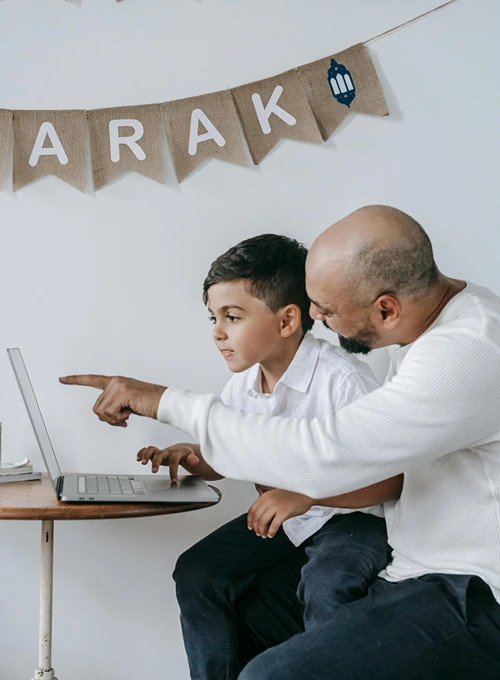Two iPad Cases, One Trusted Brand: Which Case is Right for You (Apple’s Back to School)?
When it comes to finding the good iPad case, the right choice often comes down to how—and how often—you use your device. ESR’s Rebound Series offers two standout options that cater to very different styles of iPad users: the Rebound Hybrid Case 360 and the Rebound Magnetic Case.
I had the opportunity to test both over the past few weeks, and while they share ESR’s signature durability, smart design, and attention to user experience, each brings a unique set of strengths to the table.
If you’re still learning how to get the most out of your iPad, Apple’s official iPad User Guide is a fantastic resource for mastering multitasking, gestures, and hidden features.
Rebound Hybrid Case 360: All-Angle Power, Total Flexibility
The Rebound Hybrid Case 360 is the ideal solution for power users who rely on their iPad for a wide range of tasks throughout the day. Whether you’re watching your favorite shows, sketching with Apple Pencil, hopping on video calls, or gaming during your downtime, this tablet iPad case easily transforms to fit your needs with six distinct use modes—including both portrait and landscape orientations.

What really sets this iPad case apart is its detachable magnetic front cover. The cover locks into place with incredibly strong magnets—rated at 2500 g, compared to the 2000 g found in many other cases in the industry—providing a solid stand for work or entertainment. Yet, the cover detaches easily, when you want a more lightweight or convenient setup, making it perfect for handheld reading or mobile gaming.
The Rebound Hybrid Case 360 doesn’t cut corners when it comes to protection. Featuring a magnetic front cover paired with the solid back case, the dual-layer set up delivers all-round protection against everyday bumps, scratches, and minor drops—all without adding much bulk. The soft microfiber interior helps keep screen scratches and dust away, while at the same time the smooth matte finish on the outside leads to a comfortable and secure grip.
This is a case built for flexibility and confidence—ideal for anyone who needs their iPad to seamlessly adapt to both productivity and entertainment.
Rebound Magnetic Case: Minimal Form, Maximum Grip
In contrast, the Rebound Magnetic Case is all about simplicity, elegance, and portability. If you prefer a clean and minimalist design and want the same level of strength or functionality, this iPad case fits the bill perfectly. It attaches directly to the iPad using strong built-in magnets with a magnetic strength of 1900 g—significantly stronger than the average industry norm of 1500 g—which gives you a firm, secure hold with no shifting or detachment, even during movement.

Its trifold cover folds neatly into both viewing and writing modes, which gives you stable angles whether you’re conducting video conferences or scribbling down notes during class. The exterior has a lightly textured finish that feels great to hold and thus helps prevent accidental slips. With the white version I tested, I noticed one of the most pleasant surprises was how easy it is to clean. Thanks to the iPad case’s stain-resistant material, smudges, fingerprints, and even ink marks wiped away with a quick and easy swipe. Despite its ultra-slim profile, the iPad case still provides strong drop protection, having passed a 100N strength test.
If you’re interested in preserving your iPad’s performance over time, Apple’s own official resource on optimizing battery health and performance offers some valuable long-term care advice.
The Final Verdict
Ultimately, choosing between these two cases depends on your personal usage preferences. When heading back to school, if you’re someone who needs flexibility, full-featured protection, as well as support for multiple orientations and accessories, the Rebound Hybrid Case 360 offers fantastic all-in-one solution. On the other hand, the Rebound Magnetic Case delivers understated brilliance, if you prefer something more compact and sleeker without compromising on grip or magnet strength.
ESR’s thoughtful design philosophy was showcased in both products: smart, user-first solutions that balance functionality, durability, style, and everyday usability. Whether you’re an artist, a student, a frequent traveler, or simply someone who wants their iPad to work smarter, there’s a Rebound case tailored to your lifestyle—and both are well worth the money.









